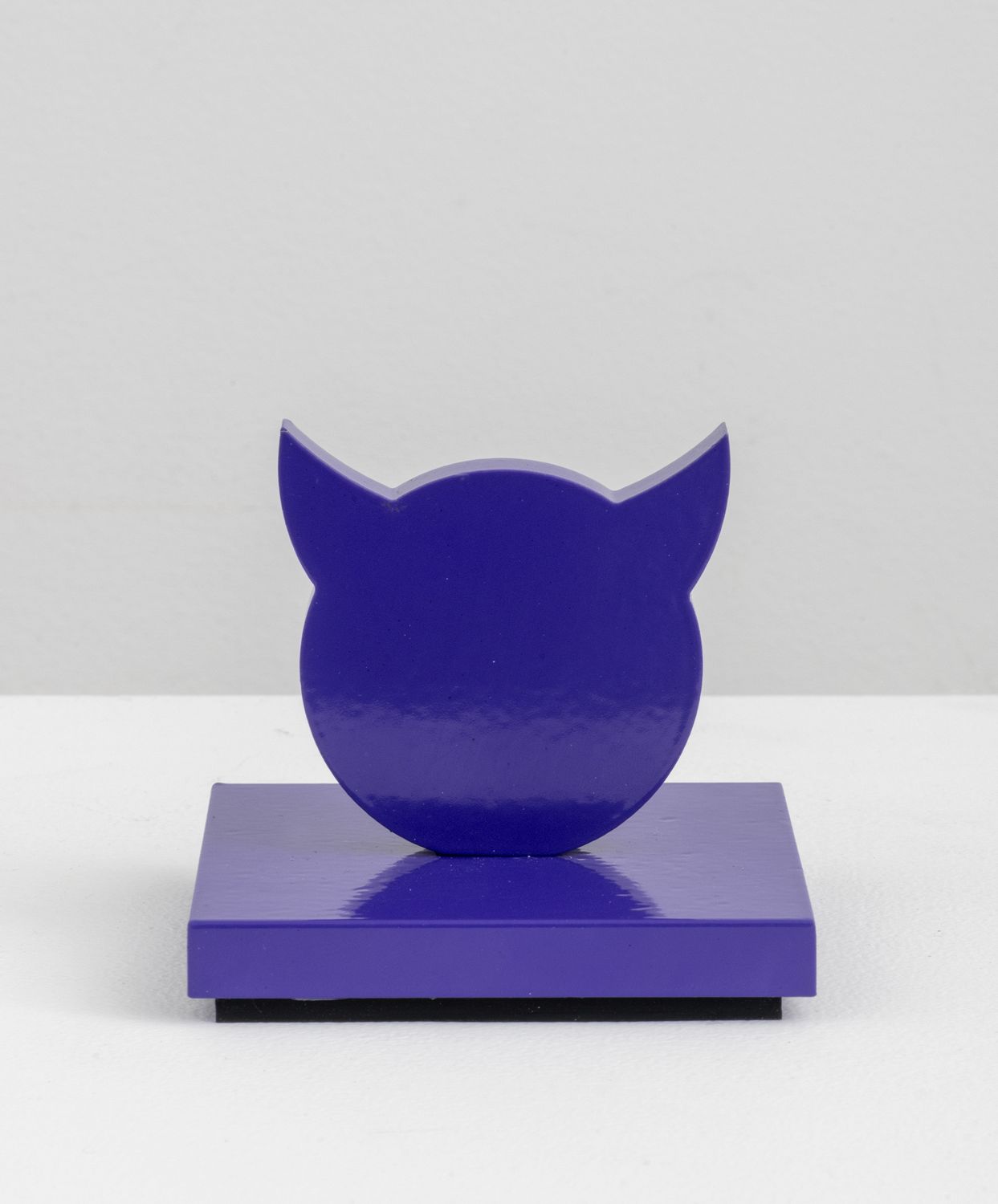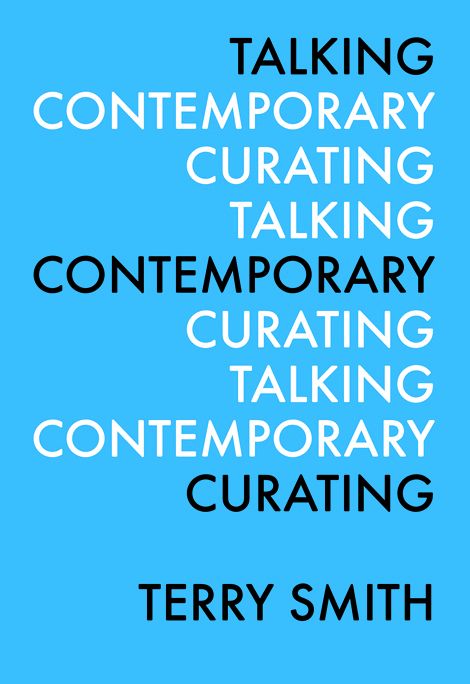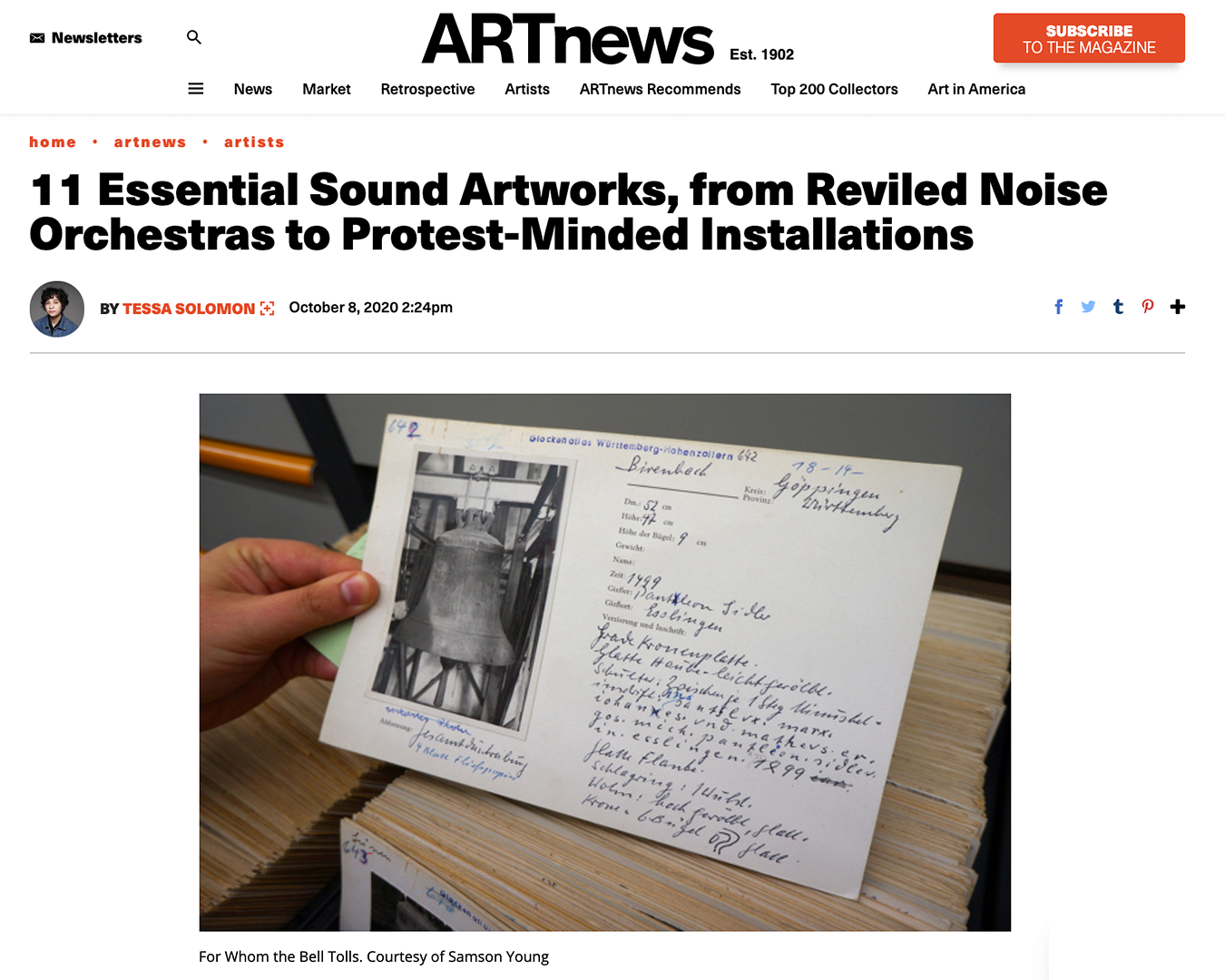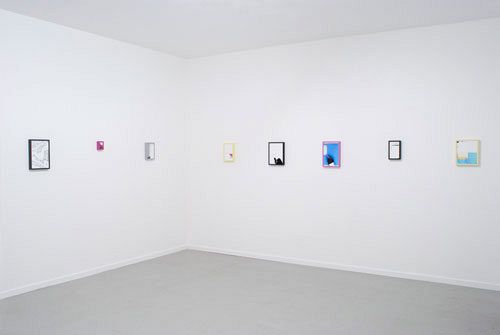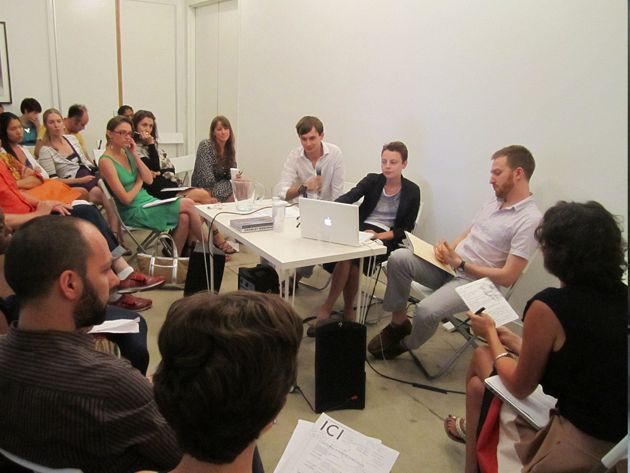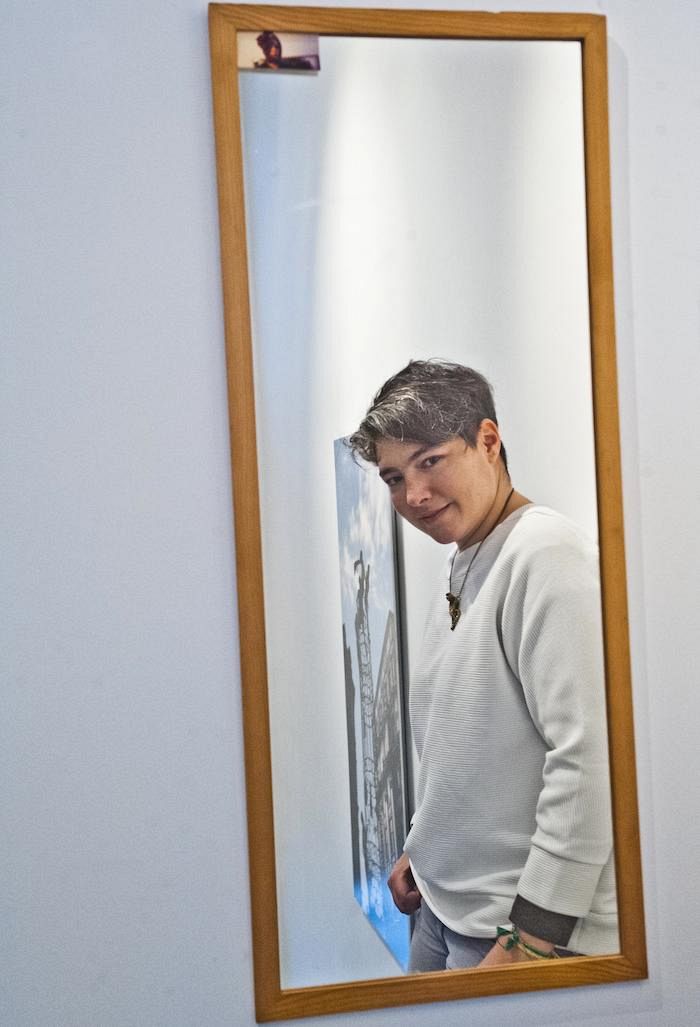Marian Pastor Roces is an independent curator and critic, working through TAOINC, the corporation she founded in Manila in 1992, to devise admixtures of corporate and anarchic strategies in museum development, museology, and the critique of institutions. While establishing 21AM (2020), the digital museum of the Cultural Center of the Philippines, TAOINC rebuilt its Accession Record System with a new hierarchy of information fields and operating lexicon, purged of colonial residue. Under Roces’ leadership and given a brief to curatorially narrate the 2017 war with Daesh elements that destroyed the Islamic City of Marawi, TAOINC deployed density of data, delivered digitally, to frustrate cherry- picking and offer maximum breadth to future analysts. Roces curated the establishment of the University of the Philippines Museum to a History of Ideas to inaugurate critical examination of such concepts as the tropics, the secular, and the university. Working with the building’s architect to create the space of the Museum of Contemporary Art and Design (mcad) for De La Salle University, she made sure the parking lot concrete slabs can hold possibilities of suspending or carrying heavy load and provide a large volume laboratory environment. Roces is known for collaborating with conceptual artists to design social history and anthropology museums.
Published internationally, Roces maintains research interests in cities, clothing, international art events, and the politics of indigeneity. Her critique of the international biennale as undetected reproductions of the universal expositions of the 19th and 20th centuries, “Crystal Palace Exhibitions,” has been anthologized (in The Biennale Reader, Solveig Øvstebø, Elena Filipovic, Marieke Van Hal (eds.), Bergen Kunsthalle and Hatje Cantz, 2010; originally published in Over Here, Jean Fischer and Gerardo Mosquera (eds.), Massachusetts: The MIT Press, 2000. Her anthology of 45 years of writing, Gathering: Political Writing on Art and Culture (mcad and Art AsiaPacific, 2019), exhibits an arc of arguments addressing various forms of historical injustice facilitated by cultural infrastructure. Of late, she has been working on violence and its myriad iterations, notably, in “The Theoretical Weight of Endurance,” in Climates. Habitats. Environment, Ute Meta Bauer (ed.), Massachusetts: The MIT Press, 2024; “Losing the discourse of loss”, in What to let go, Cosmin Costinas and Inti Guerrero (eds.), Hongkong: Para Site, 2022; “A Conversation with Pio Abad” in Monumental Shadows: On museums, memory, and the making of history, Nora Razian (ed.), Dubai: Jameel Arts Center; and “A conversation with Natassha Gindwala” in Ama: Journal Martin Gropius Bau, Berlin, 2022; among others.
Roces has been speaking in art, culture, and political gatherings through the last 3 decades. She recently addressed the General Assembly of the International Committee of Modern Art Collections and Museums (CIMAM) in Buenos Aires, 2023; and was the single keynote in the annual meeting of the Bizot Group of museums of scale, Singapore, 2023. In late 2024, Roces was in a discussion with conceptual artist Pio Abad at the Royal Academy, London; and with multi-media artist Paul Pfeiffer during the opening of his exhibition at the Guggenheim in Bilbao. She has enjoyed fellowships from the University of California in Los Angeles, the Haus der Kulturen der Welt (Berlin), and Japan Foundation (Tokyo); and grants from the Prins Claus Fund, the Asia Foundation, and Griffith University (Brisbane). The enduring work, for her, has been a stubborn alertness to asymmetries of power, well beyond the postcolonial turn in the mid 20th C; and toughening the imagination in hopes of responding to inequity. She currently holds faith in the theoretical turn to a posthuman world activated by actor-network dynamics. Politically, Roces works with Transitional Justice advocates and activists in the anti-disinformation field with digital architectures.

